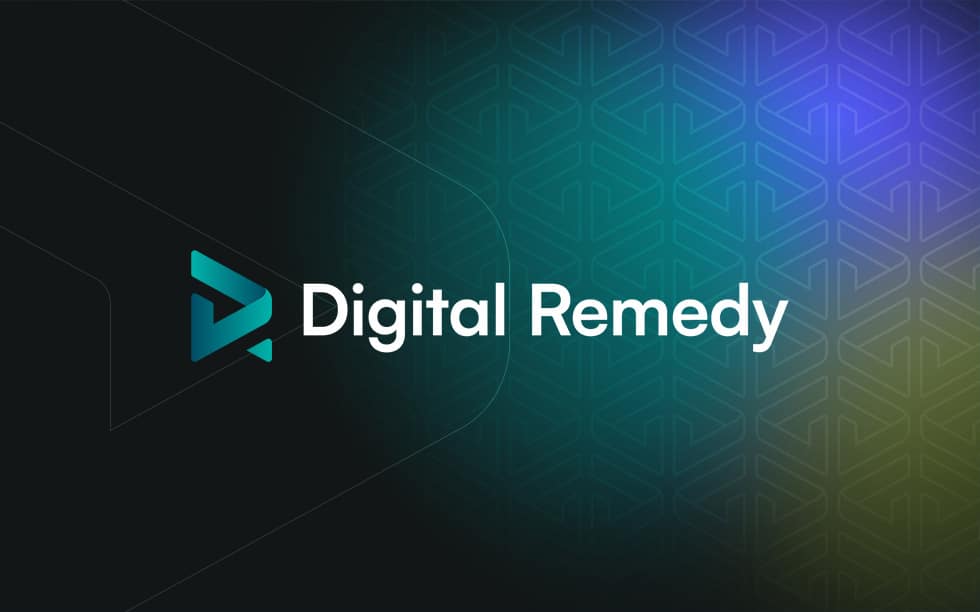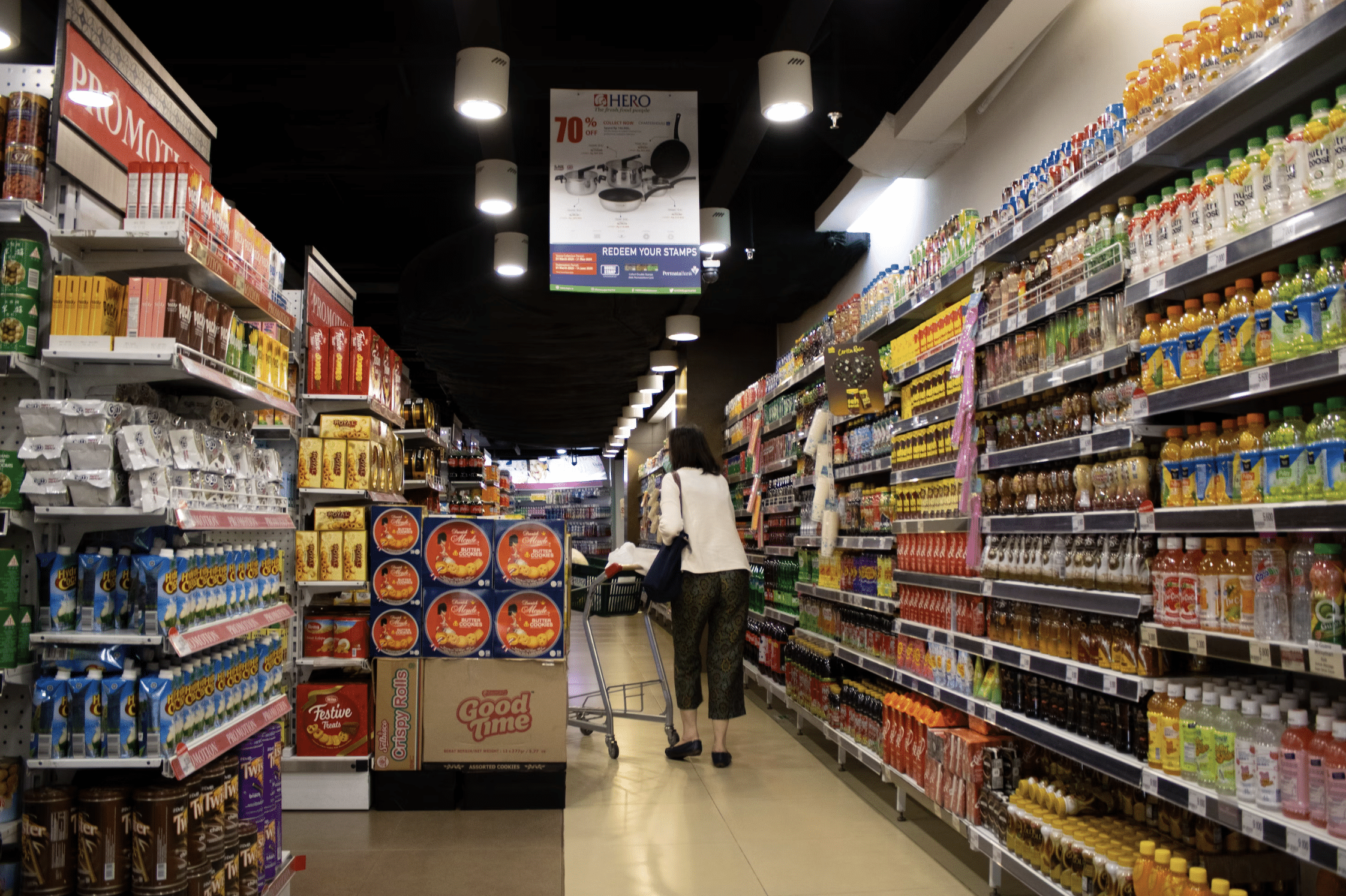Mar 30, 2020
With audiences spending more time at home and consuming content, streaming videos, and increasing their overall screen time, advertisers are adjusting their campaign strategies and exploring advertising channels they may not have previously prioritized. For brands that are still new to digital, it may be smaller adjustments like stepping up their social presence or content…

With audiences spending more time at home and consuming content, streaming videos, and increasing their overall screen time, advertisers are adjusting their campaign strategies and exploring advertising channels they may not have previously prioritized. For brands that are still new to digital, it may be smaller adjustments like stepping up their social presence or content strategies, while for more seasoned advertisers, it could be exploring OTT/CTV or dabbling in audio for the first time. This “new normal” is challenging brands to find their audiences again, and get in front of them in new ways that are relevant to the current climate.
Now that the initial wave of shock and panic brought about by COVID-19 is starting to pass, companies are beginning to settle into their new reality while working towards actionable strategies to face the uncertainty of the weeks (months??) ahead. The unfortunate reality of the situation is, no one knows how long this will last. And while this time can be challenging, frustrating, and most certainly scary for advertisers across the country, it is instances like this that force them to see where they fit into the conversation, while keeping a delicate pulse on how society is navigating and reacting to this period of uncertainty.
With the rules, recommendations, and social practices in place to combat the greater issue at hand, businesses across industries have witnessed a shift in consumption patterns from the communities affected by these mandates. Big name retailers continue to succeed by providing essential items, and smaller businesses have seen a lot of grassroots support from their local communities during this difficult time. However, as patrons grow increasingly wary of in-store experiences, and regulations limit the businesses allowed to operate during this time, mid-level brands are challenged to evolve alongside with their customers’ behaviors.
Above all else, businesses now have the opportunity to rally behind the growing sense of community that we have seen in recent weeks to try and do their part. While the economic implications of this weighs heavily on all organizations right now, the most important thing for advertisers and business owners is maintaining the safety of their employees, and promoting the health and humanitarianism within their communities.
[/et_pb_text][et_pb_image src=”https://www.digitalremedy.com/wp-content/uploads/2020/03/eMarketer-us-internet-users-who-likely-avoid-stores-coronavirus-outbreak-worsens-us-by-age-feb-2020-of-respondents-each-group-253355.jpg” _builder_version=”4.3.2″ width=”60%” width_tablet=”” width_phone=”100%” width_last_edited=”on|phone” module_alignment=”center”][/et_pb_image][et_pb_text _builder_version=”4.3.2″]
We have already seen many advertisers figure out a way to get themselves in front of audiences in a relevant way and evolving their strategies to serve the current climate:
[/et_pb_text][et_pb_text _builder_version=”4.3.2″]
Not only are audiences turning to streaming, social, and audio for entertainment purposes, but it is where they are consuming their news as well. The CDC has been running OTT ads, and members of the White House coronavirus task force have been partnering with influential podcasts, celebrities, and social media platforms to keep digital audiences as educated as possible on the evolving situation surrounding COVID-19. For multiple reasons, it is clear that this is where people are engaged during this confusing time, giving advertisers a chance to rethink where they need to be in order to reach their target, even if it means trying something new.
[/et_pb_text][et_pb_image src=”https://www.digitalremedy.com/wp-content/uploads/2020/03/curry-fauci_wide-654b59ee76efb2f72585751e944b164d383fccff-s1500-c85.jpg” _builder_version=”4.3.2″ width=”77%” width_tablet=”” width_phone=”100%” width_last_edited=”on|phone” module_alignment=”center”][/et_pb_image][et_pb_text _builder_version=”4.3.2″]
With regulations rapidly changing to protect the public, many products, businesses, and services are being shut down and labeled as “non-essential,” which presents a challenge in the market, and in the psyche of the consumer. Which leaves this question for many advertisers; how do you make yourself essential during this uncertain time?
This may seem like a limitation to brands, but it actually presents an opportunity to broaden your target audience, understand the changing needs of the consumer, and reposition your narrative on who you want to reach. With many people now working from home, everyone is their own office manager, and advertisers need to discover how ki they can become relevant, helpful, and essential for these new, every day lives. Brands like Poppin are offering large discounts for individuals who need to completely outfit their “work from home” space, providing a one-stop-shop to meet all of their home office needs. PELETON, who was being mocked mere months ago for being a pretentious alternative to the standard gym membership, is offering a trial of its subscription workout app, allowing people to access their online classes for free. As gyms around the country have closed for the foreseeable future, this has created an opportunity for PELETON to seem less of an extravagance, and more of an essential asset for people’s mental health and wellbeing during this time. Advertisers should take this opportunity to rethink their narrative, and shift messaging towards how they can be useful to audiences in this specific situation, right now.
For ecommerce retailers, while you may not be viewed as “essential” to the government, people who are still looking for comfort during quarantine would beg to differ. In the wake of forced closures of stores, people are bunkering down and online shopping categories like electronics have seen a 91% increase in purchases from March 10 to March 17, right alongside health items who have increased by 109%, highlighting that consumers are just as worried about having entertainment items, as well as medical essentials, during their quarantine.
[/et_pb_text][et_pb_image src=”https://www.digitalremedy.com/wp-content/uploads/2020/03/Screen-Shot-2020-03-27-at-3.25.04-AM.png” _builder_version=”4.3.2″][/et_pb_image][et_pb_text _builder_version=”4.3.2″]
Some companies have taken to shifting their entire business approach, even halting regular operations to prioritize the essential needs of the public during this crisis. On a local scale, many businesses are giving away free products or discounts to healthcare staff and emergency workers who are working on the front lines to combat COVID-19. While on a more global level, luxury brands are shifting their productions to fill the gaps in medical equipment needs. Luxury brand LVMH, who is France’s largest company and owns labels such as Dior, has transformed their perfume factory to produce sanitizing gel in just 72 hours. Apparel brands and fashion designers such as Christian Siriano are working around the clock to create hospital masks in order to address the mass shortages hospitals are facing in the United States.
While this may not fill an immediate business need in terms of revenue, consumers will remember these brands and what they accomplished for the great good. Consumers who see brands on a human level, stepping up to support healthcare workers and putting their own product development aside to rally behind a common cause, will inherently want to support that brand down the line, if not right away. Whether it is a local coffee shop donating caffeine and pastries to doctors and nurses, or massive brands shifting their operations to support their country, taking a completely different business approach during these times allows companies to stand out for a very good reason, and could pay off in greater ways in the long run.
[/et_pb_text][et_pb_image src=”https://www.digitalremedy.com/wp-content/uploads/2020/03/Screen-Shot-2020-03-27-at-3.48.13-AM.png” _builder_version=”4.3.2″ width=”60%” width_tablet=”” width_phone=”100%” width_last_edited=”on|phone” module_alignment=”center”][/et_pb_image][et_pb_text _builder_version=”4.3.2″]
With the confusion and uncertainty that COVID-19 has brought to many different markets, we have seen companies face scheduling changes and delayed product launches, and even musicians postponing tours and album releases. On the other hand, we find many brands and influencers surging forward with their business plans, while making a point to incorporate purpose-driven elements and decisions moving forward. From giving away a portion of their proceeds to organizations like the Food Bank for New York City who are working hard to ease the burdens that this situation has presented to many communities, to companies like Heyday who had to close down their salons for the foreseeable future, but are relying on their online product sales not only to keep their business going, but to support their staff that had to be let go. This communicates to customers that they still have access to the products they know and love, and that loyal client purchases will contribute to the overall wellbeing of people behind the brand during this uncertainty.
For those businesses that are still able to continue running as usual, this is an opportunity to be mindful that not every company is in the same position. Because of that, many brands are finding ways to leverage their stability to lend support to their surrounding communities.
[/et_pb_text][et_pb_image src=”https://www.digitalremedy.com/wp-content/uploads/2020/03/Screen-Shot-2020-03-27-at-3.19.59-AM.png” _builder_version=”4.3.2″][/et_pb_image][et_pb_text _builder_version=”4.3.2″]
What is important above all else during this pandemic, is for the community, including businesses, to follow the rules and recommendations being set in place by the World Health Organization and the CDC. We have already seen multiple chain brands jump on board by enforcing social distancing by regulating the number of people who enter their store at a given time and removing furniture to discourage dining in. Not only are they enforcing the rules that are being put in place, they arealso able to continue operations and serve the community simultaneously.
We have also seen brands like McDonalds, Audi, and Volkswagen separating their logo to promote social distancing, and even Nike creating a universal message for athletes to share on their social channels. This united front allows companies to reinforce the important messaging the consumers need to be reminded of, while keeping their brand top-of-mind and in front of audiences at the same time.
[/et_pb_text][et_pb_image src=”https://www.digitalremedy.com/wp-content/uploads/2020/03/200326121014-20200326-social-distancing-corporate-logos-split-gfx-exlarge-169.jpg” _builder_version=”4.3.2″][/et_pb_image][et_pb_text _builder_version=”4.3.2″]
While no approach is perfect during this confusing time, and many advertisers will no doubt face criticism for how they engage with audiences in the weeks ahead. The overall takeaway is that in times like these, marketers need to realize that there is an opportunity here to take a step back, reevaluate what consumers need right now, and how can they best provide that to them. For some brands, that may mean finding a way to help the greater community. For others, it could mean completely rerouting marketing plans and discovering how you can make your customers’ new normal, your new normal as well.
We are going to see more and more creative messaging as the weeks progress, and perhaps see some brands in new channels that we have not seen them in before. This historical moment we find ourselves in will forever change how advertisers navigate their space, and redefine crisis management for many industries. But on the other side of this, whenever we get there, brands will emerge more resilient, agile, and prepared for the unpredictable road ahead.
[/et_pb_text][/et_pb_column][/et_pb_row][/et_pb_section]
Related Posts

In today’s ever-evolving digital landscape, effective marketing strategies demand innovation and precision. YouTube TV advertising has emerged as a.

The consumer packaged goods (CPG) industry is elbowing through a tight market. Between pressing supply chain challenges, shifting shopper.

The age-old maxim of “think globally, act locally” isn’t just embraced by marketers for local mom-and-pop businesses. Today, massive.